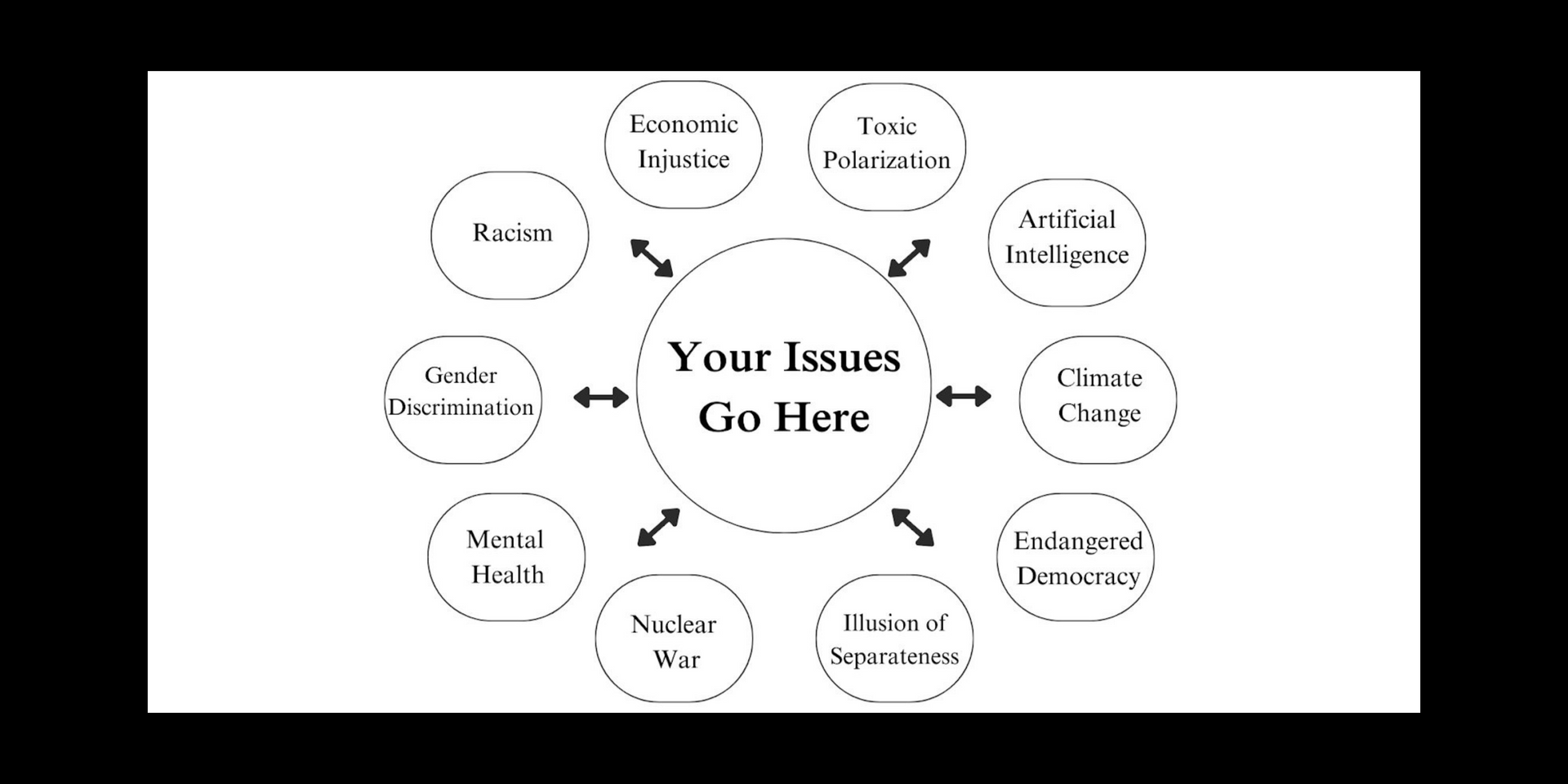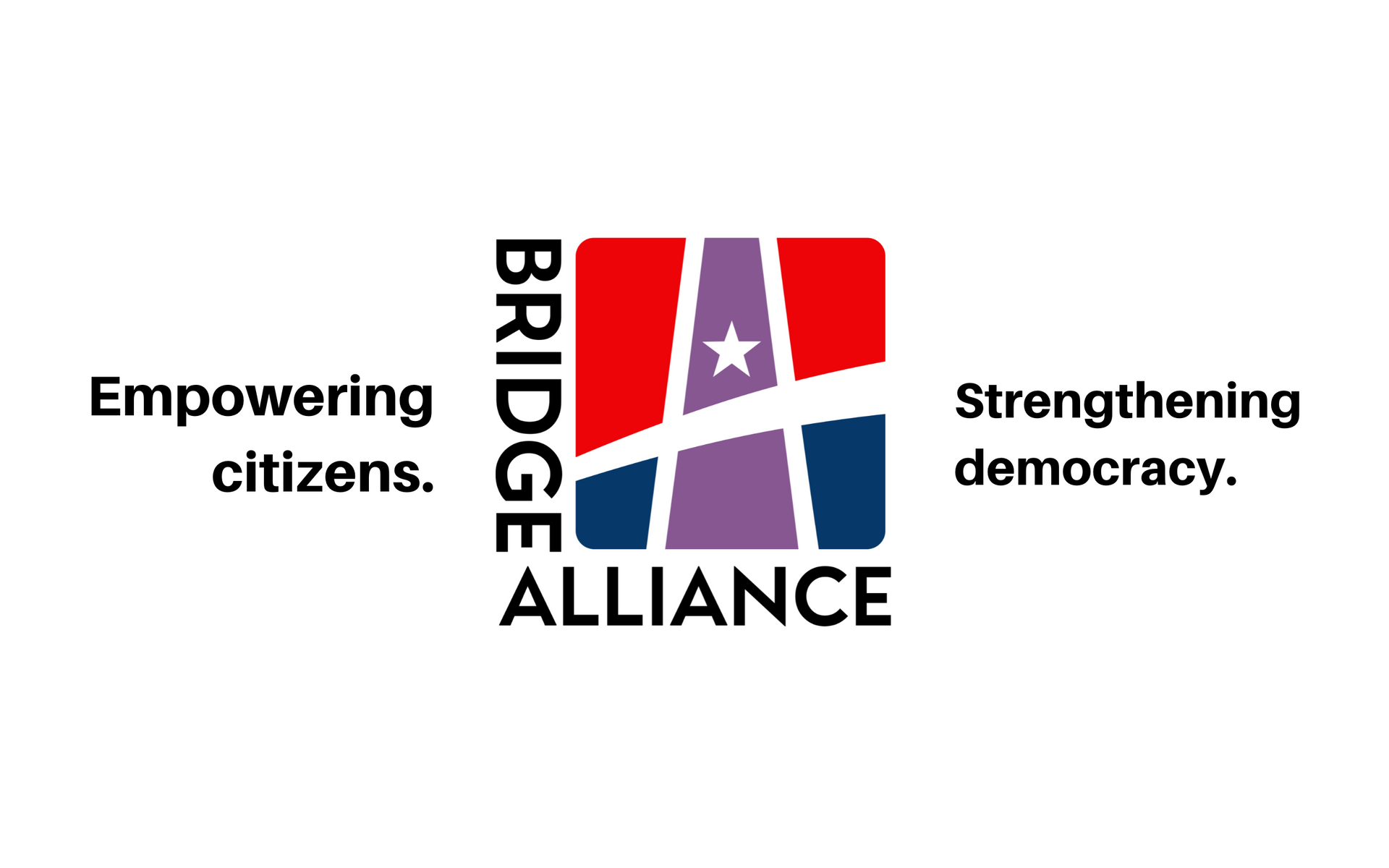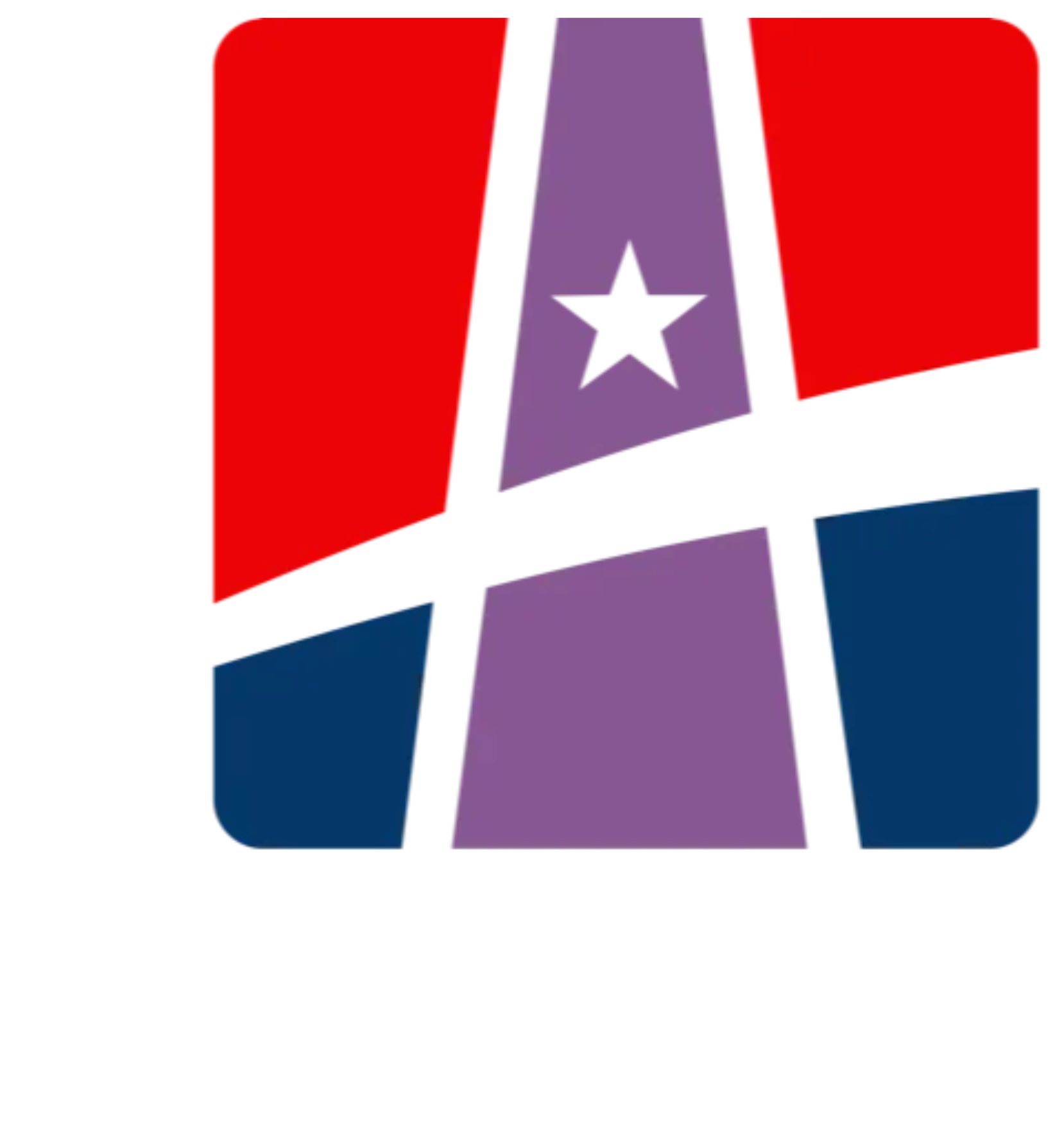Navigating the Polycrisis
Insights from the Mediators Foundation
It's no coincidence that the work of the Mediators Project resonates with me, as the organization is part of the original DNA of the Bridge Alliance. The latest instance of my head nodding in agreement stems from this week's article by the Mediators Project’s Mark Gerzon and Mesa Sebree. It really gets to the core of how all those working in the healthy democracy ecosystem can collectively approach the complex web of issues facing the world known as the polycrisis.
The term "polycrisis" usually describes a situation where multiple crises intersect and amplify one another, creating a compounded and more severe impact than each crisis would have individually. This concept also suggests that the interactions between various crises can lead to more complex and unpredictable challenges. In a polycrisis, the different crises are not just co-occurring; their interconnections exacerbate the overall situation, making it more challenging to manage and resolve. For example, an economic downturn might worsen political instability, hindering effective responses to climate change or public health threats. The term underscores the need for comprehensive and coordinated approaches to address these interconnected issues.
The concept of polycrisis has a rich history, rooted in systems thinking and complexity science. These disciplines have long studied how interconnected crises can compound and amplify one another. The term “polycrisis” was first used in the 1990s by Edgar Morin and Anne Brigitte Kern, as detailed in the Cascade Institute report cited by Gerzon and Sebree. More recently, the term was popularized by Jean-Claude Juncker, the former president of the European Commission. He used the term in a 2016 speech to describe the multiple overlapping crises facing Europe, including the Syrian refugee crisis, Russian security threats to Ukraine, the Greek debt crisis, and Brexit. Most recently, the World Economic Forum at Davos pushed the term into the lexicon of business executives and elites, a sign that it has thoroughly infiltrated our society.
Gerzon and Sebree outline perspectives on the 10 most distinct interlocking issues of the polycrisis as they currently understand it. Each perspective is presented as a critical, interconnected issue that requires a holistic and integrated approach to tackle the polycrisis effectively. They are:
- Endangered democracy.
- Climate change.
- Economic injustice.
- Toxic polarization.
- Artificial intelligence/tech.
- Mental health.
- Racism.
- Nuclear war.
- Gender discrimination.
- The illusion of separateness.
They continue with an exploration of five strategies for addressing the polycrisis, acknowledging the challenges practitioners focused on each sector of work face in competing for resources and attention. Despite those challenges, it remains unavoidable that each cause impacts and is impacted by the rest and more unanticipated factors. No less important is the truth that individuals engaging in social change work must be mindful of maintaining their mental health and spiritual practices and constantly remain open to changing their perspective.
Finally, the article's analysis turns to priority setting. There is often a focus on "the global polycrisis," but the nature of interconnected challenges lends the concept to vary depending on place and time. The crises we face as global citizens affect and are affected by the crises specifically facing American society. Similarly, the crises we face as Americans affect and are affected by the crises specifically facing individual states and communities. Just as national practitioners cannot and are not looking to focus on accessing the levers of global institutional power, local communities must realize their agency in addressing what they need to develop to adapt to survive the effects of the polycrises.
Our community of practice in the healthy democracy ecosystem has demonstrated the effectiveness of supporting bottom-up civic engagement while maintaining national resources to support communities. The Mediators Foundation is looking toward the Resilience Funders Network model and exploring ways to best support broader dialogue about the scope and strategy of communities for working within the polycrisis. At a time when these challenges are on our screens and in our minds, it is reassuring to read this vital take on how we can face them head-on.
Featured Content
- AllSides (Blog) June 10th: When the President Dances on the Border
- American Values Coalition (Blog) June 7th: Conservatives: Your News Source Might Be a Scam
- Ballotpedia (Resource) June 11th: Colorado Governor Polis (D) signs election omnibus legislation including amendment related to ranked-choice voting
- Divided We Fall (Article) June 11th: Gray Matters? Debating Presidential Age in Elections
- FairVote (Article) June 10th: Sports awards and ranked choice voting
- Horizons Project (Article) June 5th: Clowns, Reverse Boycotts, and Involuntary Walkathons: How Communities are Making Political Violence Backfire
- Independent Voter (News) June 10th: Yang Speaks With FairVote's CEO About the Future of Ranked Choice Voting
- Issue One (Statement) June 5th: Issue One, NCEI co-chairs, and Faces of Democracy members denounce Congress for failure to invest in our critical election infrastructure
- Mediators Foundation (Article) June 10th: Towards a Polycrisis Consciousness
- Network for Responsible Public Policy (Video) June 8th: Healthcare: How Did We Get Here and Where Are We Going
- RepresentWomen (Article) June 10th: The Fearless Fund Appeal: How A Court’s Interpretation of the Civil Rights Act Dishonors the Law’s Objective and Inhibits Black Women’s Entrepreneurism
- Veterans for All Voters (Newsletter) June 11th: June Updates 2024
Podcasts
- Bridge Alliance (Collage) June 7th: Pilgrimage: An Experience of Purpose
- UVA Karsh (Democracy in Danger) June 12th: The Poles Have Spoken
- Ballotpedia (On The Ballot) June 6th: BP's Administrative State Legislation Tracker
- The Democracy Group (Politics in Question) June 12th: What is the state of American democracy?
- Common Ground Committee (Let’s Find Common Ground) June 6th: Pro-Life and Pro-Choice Leaders Together in the Same Room: Reverend Anne Fowler and Francis Hogan
Citizen Connect Featured Events
- Crossing Party Lines (June 16th @ 5:00 pm ET) Cybersecurity: Keeping Our Country Safe?
- Business for America (June 18th @ 9:00 am CDT) Deceptive AI in the 2024 Election: A conversation with Sen. Amy Klobuchar
- 92NY Belfer Center for Innovation & Social Impact (June 27th @ 5 pm EDT) Information Session: Share Our Organization Toolkit
- National Coalition for Dialogue & Deliberation (July 1st @ 12:00 pm EDT) Practitioner Mobilization for Democracy
Featured Fulcrum Articles
- Steve Corbin, June 4th: Project 2025 is a threat to democracy
- Walter H. White, Jr., June 6th: Justice Alito doesn't understand the history of white power
- Hans Zeiger, June 5th: This election season, America needs civic role models
- F. Willis Johnson, June 4th: This Pride Month, our rights are under fire
- Scott Klug, June 4th: The U.S. election system was already wobbling, and now here comes AI
In The News
- American Promise (The Hill) June 5th: Pay-to-play politics is killing our democracy — we can save it using the Constitution
- Issue One (Roll Call) June 4th: Election officials, retired lawmakers plead for more money to protect voting
- MWEG (Religion News) June 5th: Finding humanity at the border — in migrants, the Border Patrol and ourselves
- National Civic League (ABC News Charleston) June 12th: Low voter turnout in S.C.'s 2024 statewide primary is actually a little more complicated
- Veterans for All Voters (Daily Montanan) June 12th: Election reform group says it gathered enough signatures for Nov. ballot





